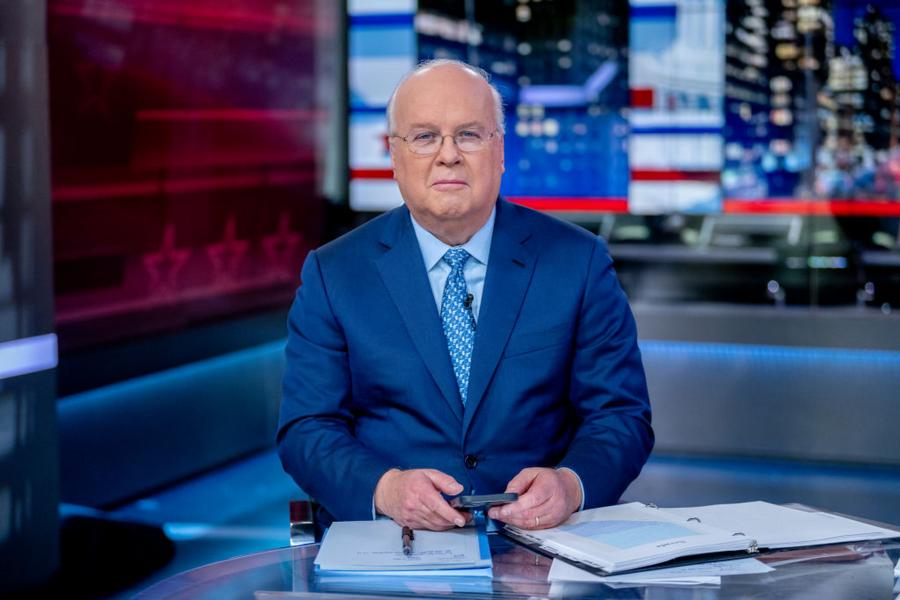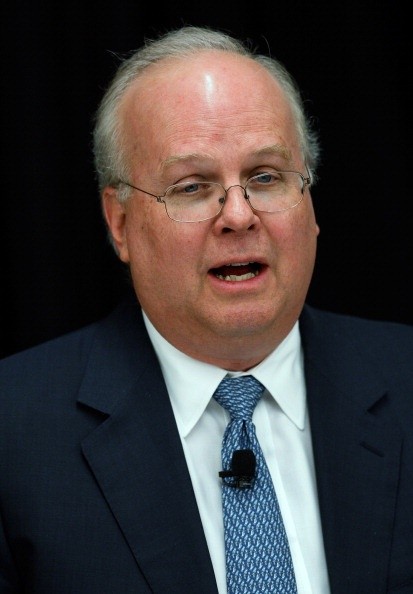Karl Rove at a Glance
- Categories: Politicians, Politicians > Republicans
- Net Worth: $8 Million
- Birthdate: Dec 25, 1950 (73 years old)
- Birthplace: Denver
- Gender: Male
- Profession: Commentator, Political writer, Political Consultant, Businessperson
- Nationality: United States of America
Karl Rove’s Net Worth: A Look at the Political Strategist’s Finances and Career
Karl Rove, a prominent figure in American Republican politics, has amassed a net worth of $8 million. This wealth is a testament to his successful career as a political consultant, policy advisor, and lobbyist. Rove’s influence extends beyond his financial success, as he has played a significant role in shaping the political landscape over the past few decades. This article delves into Karl Rove’s net worth, providing a comprehensive overview of his career, financial achievements, and personal life.
Early Life and Education
Karl Christian Rove was born on December 25, 1950, in Denver, Colorado. He spent his childhood in Sparks, Nevada, as the second of five children. His family later relocated to Salt Lake City in 1965, where Rove attended Olympus High School. During his high school years, Rove demonstrated a keen interest in politics and honed his skills as a debater. His ambition led him to be elected student council president during both his junior and senior years. He also served as Chairman of the Utah Federation of Teenage Republicans, indicating his early commitment to conservative principles.
Early Political Career
Rove’s entry into American politics began in 1968 when he became involved in Wallace F. Bennett’s Senate re-election campaign. The following year, he enrolled at the University of Utah, majoring in political science, which was made possible by a $1,000 scholarship. During his time at the university, Rove secured an internship with the Utah Republican Party through the Hinckley Institute of Politics. This experience provided him with valuable insights into political campaigns and strategies.
His internship led to a role in Ralph Tyler Smith’s unsuccessful 1970 Senate re-election campaign in Illinois. Despite this setback, Rove’s ambition didn’t waver. He attempted to sabotage Alan J. Dixon’s campaign for Treasurer of Illinois, but Dixon ultimately won the election. In June 1971, Rove dropped out of the University of Utah to become the executive director of the College Republican National Committee, demonstrating his dedication to Republican politics. He later enrolled at the University of Maryland in College Park in the fall of 1971, though he focused on traveling across the country to lead seminars for campus conservatives and participate in Richard Nixon’s 1972 presidential campaign.
Rove continued as executive director of the College Republicans until early 1973. He then ran for and won the position of National Chairman. He stepped down from this role in 1974 to become the Executive Assistant to Richard D. Obenshain, the co-chair of the Republican National Committee (RNC).
In 1976, Rove shifted his focus to Virginian politics, serving as the Finance Director for the Republican Party of Virginia. It was during this time that he developed a passion for direct mail campaigns, a skill that would later become a hallmark of his consulting work.
Texas Work and Consulting Firm
In 1977, Rove began working as a legislative aide for Fred Agnich, a Republican state representative from Dallas, Texas. That same year, he was hired by George H.W. Bush for his 1980 presidential campaign, marking an important step in his career. Rove played a crucial role in orchestrating Bill Clements’s victory as the first Republican Governor of Texas in over a century in 1978. Following this win, he served as the deputy director of the Governor’s committee from 1979 to 1980 and then as deputy executive assistant to the Governor of Texas from 1980 to 1981.
In 1981, Rove founded his direct mail consulting firm, Karl Rove & Co., which he ran for almost two decades. The firm gained prominence for its successful work in various campaigns. The firm’s clientele included notable figures such as Texas Governor Bill Clements, future Senator Phil Gramm, and the tobacco giant Philip Morris. During his time at the firm, Karl Rove led campaigns in 41 statewide, congressional, and national races, securing victory in 34 of them, solidifying his reputation as a highly effective political strategist.
In 1994, Rove masterminded George W. Bush’s successful gubernatorial campaign and his re-election campaign in 1998. Impressed by Rove’s strategic prowess, Bush asked him to sell his company and become the chief strategist for his 2000 presidential bid. This decision marked a turning point in Rove’s career, as he transitioned from a behind-the-scenes consultant to a key figure in a presidential campaign.

(Photo by Roy Rochlin/Getty Images)
George W. Bush Administration
George W. Bush’s victory in the 2000 US Presidential election marked a significant moment for Karl Rove. Bush brought Rove on board as his special advisor and he quickly became a key figure in shaping White House policy. Rove was instrumental in several key areas, including the Office of Political Affairs, the Office of Public Liaison, and the Office of Strategic Initiatives, solidifying his position as a central strategist within the administration.
In 2004, Rove spearheaded President Bush’s re-election campaign, even amidst criticism over the Iraq War. He once again demonstrated his campaign management skills. He employed microtargeting strategies to secure Bush’s victory. Bush promoted Rove to deputy chief of staff in his second term. From this position, Rove had significant influence on national security and economic policies. As criticism of the Bush administration grew, Rove was tasked with helping the Republican Party maintain its congressional majority in the 2006 midterm elections. However, the Democrats gained control of both houses of Congress.
Rove faced scrutiny due to investigations surrounding scandals such as the CIA leak, torture, and the controversial firing of eight federal prosecutors. Although never formally charged, the mounting pressure led to his resignation in August 2007, marking the end of his tenure in the White House.

Tom Pennington/Getty Images
Post-White House Career
Following his departure from the White House, Rove embarked on a new chapter in his career. Newsweek hired him to write about the 2008 presidential election, providing commentary and analysis. He subsequently became a contributor for The Wall Street Journal and a political analyst for Fox News, sharing his insights on contemporary political issues.
In 2009, Rove was inducted into the Scandinavian-American Hall of Fame, recognizing his contributions. He was also inducted into the American Association of Political Consultants Hall of Fame in 2012, solidifying his reputation as a leading figure in the political consulting field.
He briefly served as a guest professor at the University of Texas and currently serves on the University of Texas Chancellor’s Council Executive Committee. This further demonstrates his continued influence and involvement in various aspects of American society.
Personal Life
Karl Rove’s personal life includes three marriages. He married Valerie Wainwright in 1976, but the marriage ended in divorce in 1980. In 1986, he married Darby Tara Hickson, with whom he had a son before divorcing in 2009. Rove married for a third time in 2012.
Real Estate
Rove’s real estate investments further reflect his financial standing. In 2001, he purchased a federal-style house in Washington, D.C., for $799,000 and sold it for $1.59 million in 2009, demonstrating a profitable real estate transaction. In 2019, he listed a home in Austin, Texas, for $2.8 million. While the sale price remains undisclosed, this listing demonstrates his continued engagement in the real estate market.
Conclusion
Karl Rove’s net worth of $8 million is a product of his extensive career as a political consultant, strategist, and advisor. His influence extends to shaping election outcomes and impacting policy decisions, making him one of the most significant figures in modern American politics. From his early involvement in the College Republicans to his key role in the George W. Bush administration and his ongoing media presence, Karl Rove has left a lasting impact on the political landscape.

